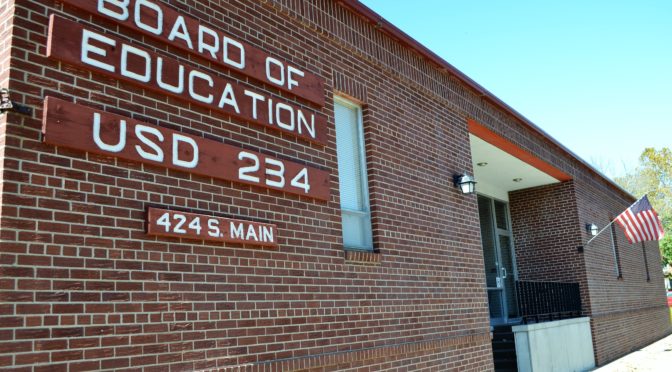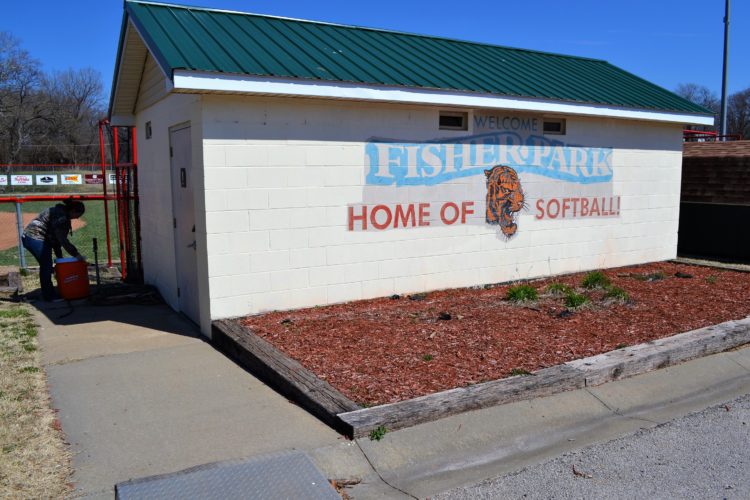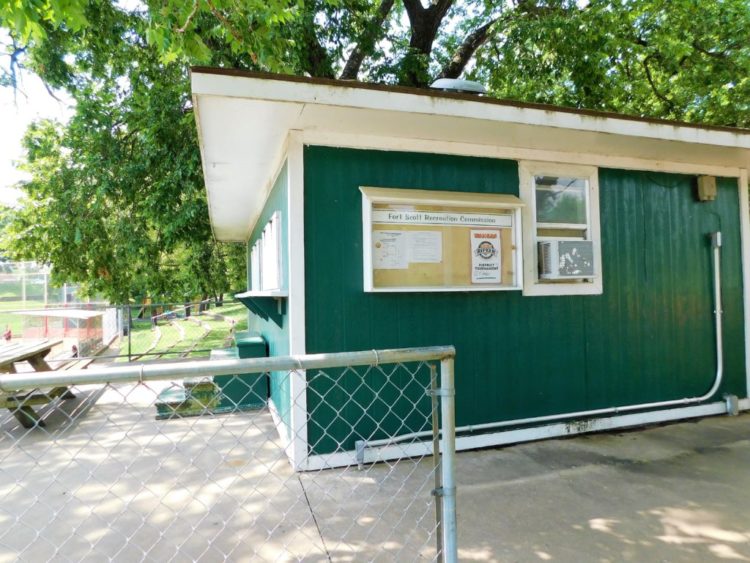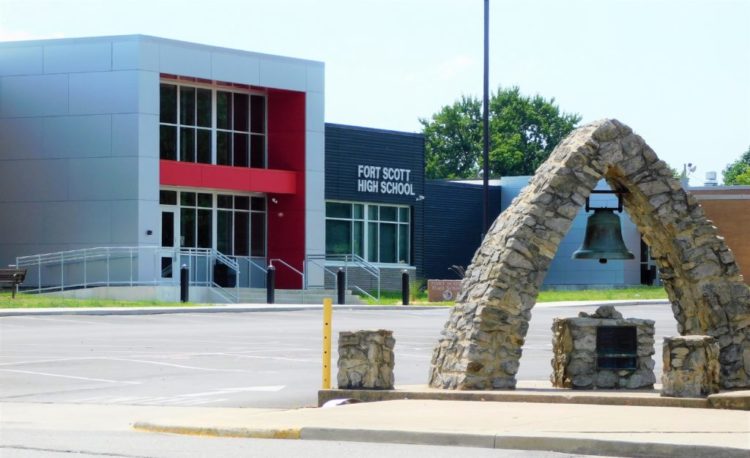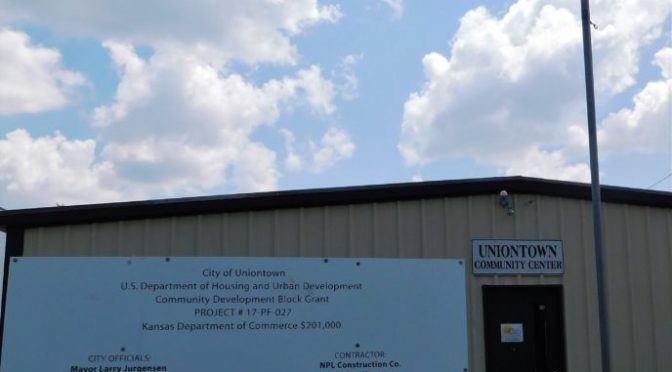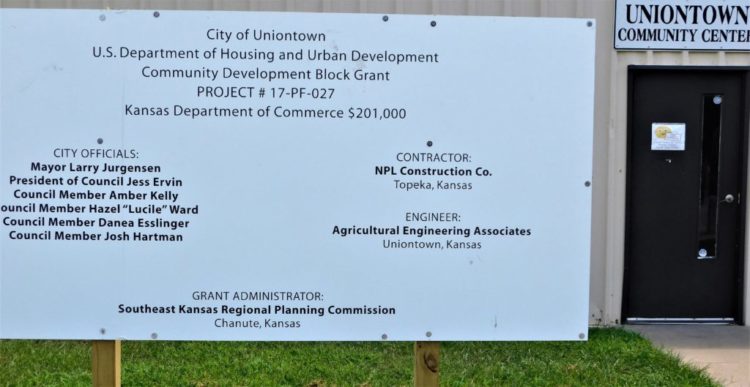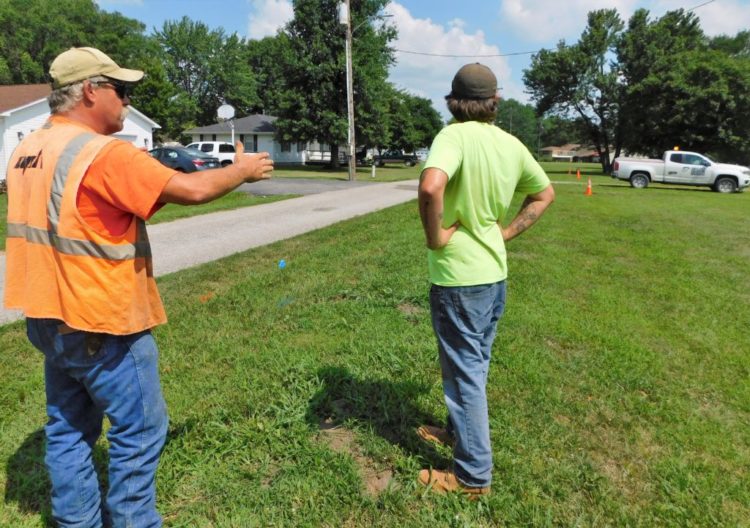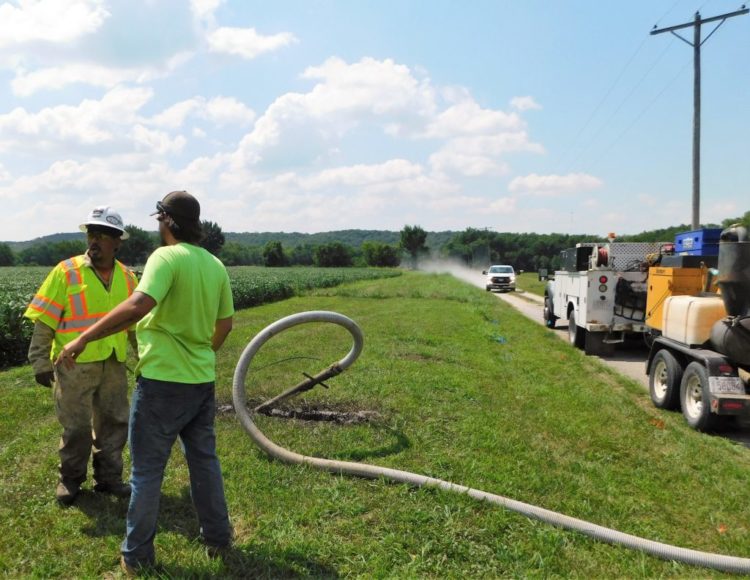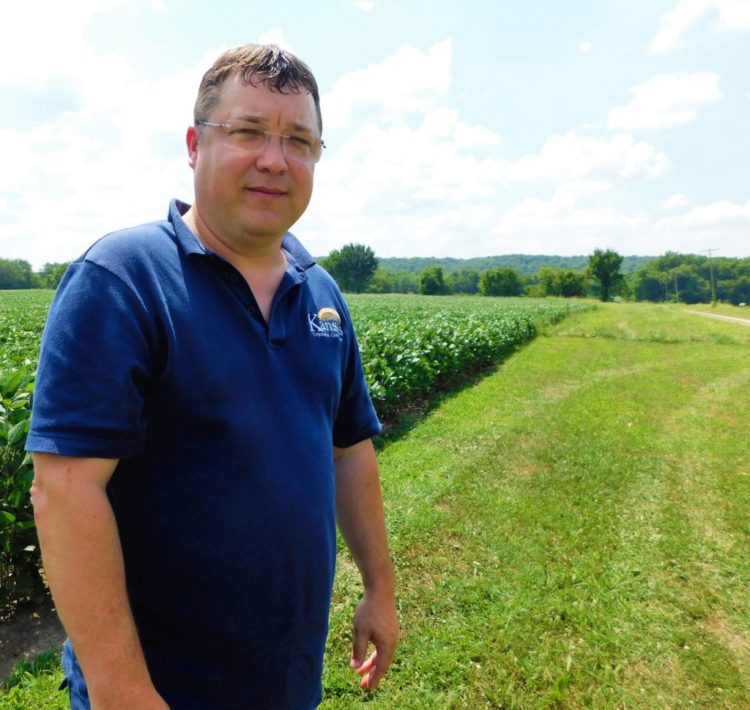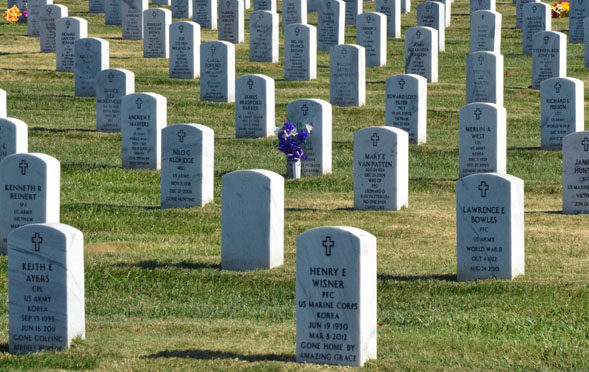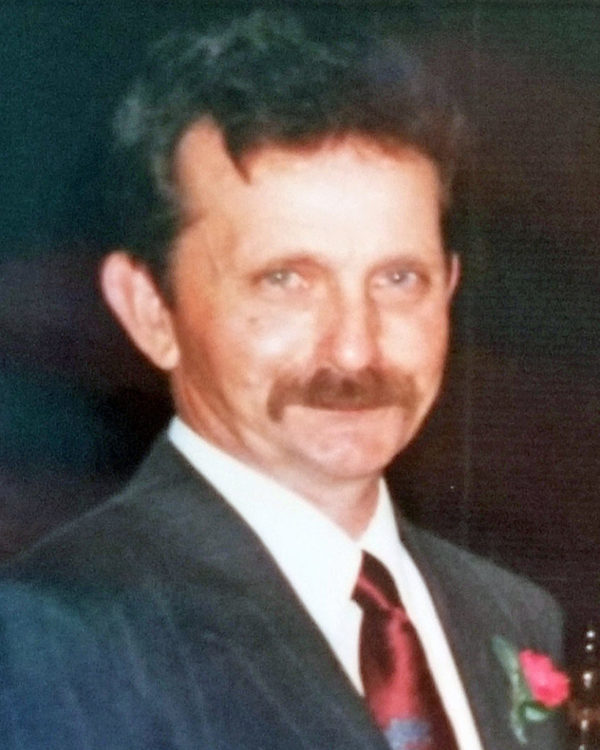WIC Benefits Now Available by Electronic Benefit Transfer Statewide
Kansas 26th state to implement federally-mandated EBT system, following Shawnee Co. pilot
TOPEKA – The federal Women, Infants, and Children (WIC) program, administered by the Kansas Department of Health and Environment serves 30,800 families across the state. Historically, food available through the program could only be acquired at grocery stores utilizing paper checks. However, the federal government now requires states to issue an Electronic Benefits Transfer (EBT) card to recipients to purchase food benefits.
The pilot to test the use of the card launched in September 2017 in Shawnee County. The $3.2 million conversions to eWIC were funded by the United States Department of Agriculture. All states are required to implement EBT WIC programs by Oct. 1, 2020.
“This technology project came in on time and within budget,” David Thomason, Kansas WIC Director said. “The alternative to paper checks has been well received by our clients and merchants.”
WIC provides participant-centered nutrition education, healthy food and breastfeeding support to low-income families. Once a family qualifies for WIC, they are allotted foods to meet their nutrition needs, through grocery stores, using the EBT card. At the register, the family will first swipe their eWIC card to deduct the cost of approved items. They will then pay for any remaining items with another form of payment. As a fraud deterrent, the EBT card requires a PIN to access benefits.
WIC provides services at more than 100 clinic sites throughout Kansas and currently serves approximately 50,200 women, infants, and children under five.
